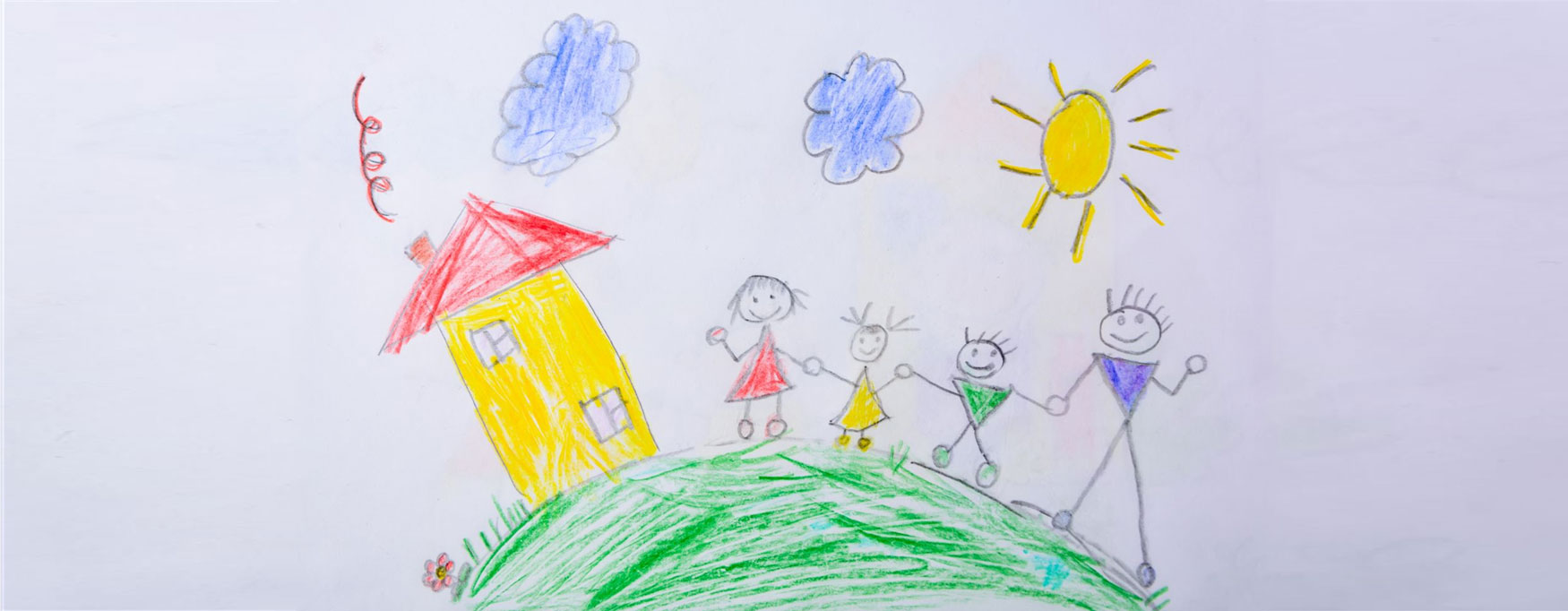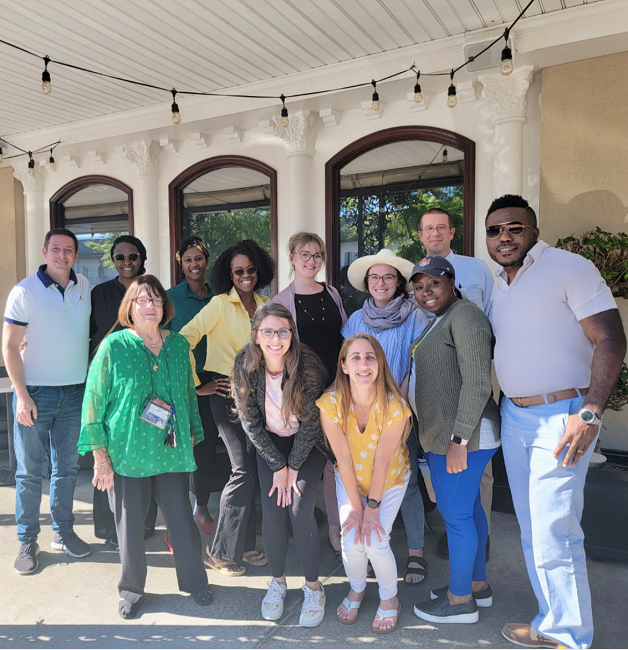
Child & Adolescent Psychiatry Fellowship Program
Welcome to the Child & Adolescent Psychiatry Fellowship Program at the Medical College of Georgia (MCG)! We are a fully-accredited two-year ACGME program, and have maintained continued accreditation without citation since our inception in 1983.
As one of the oldest psychiatric fellowships in the Southeast, our continued mission is to educate future leaders in the dynamic and exciting discipline that is pediatric mental health, as fellows achieve competencies via a wide array of activities including research, service, and clinical medicine. Our program also has a strong emphasis on psychotherapy and fellows are exposed to a breadth of therapy modalities. Program leadership is committed to fellow education, and trainees are mentored and supervised regularly to ensure their success and attainment of personal and professional goals.
Fellows rotate through a variety of enriching experiences that highlight the diverse field of child psychiatry and familial mental disease, including a local residential treatment facility, addiction treatment center, consultation-liaison at the Children’s Hospital of Georgia, outpatient clinic, and more. Fellows work collaboratively with faculty and are supported throughout their training. Our fellows have dedicated wellness time and are able to participate in many extracurricular academic activities, such as medical student teaching, scholarly research and QI projects, development of podcasts, advocacy initiatives, moonlighting, and volunteering with the free mental health clinic.

Our fellowship program is also home to the Post Pediatric Portal Program (PPPP), one of only four in the nation! This innovative program began in 2014 at MCG with full support from the State of Georgia and accreditation from the American Board of Psychiatry & Neurology (ABPN). It is a three-year program for ACGME trained pediatricians to engage in training in both General Psychiatry and Child and Adolescent Psychiatry (CAP). This integrated fellowship leads to credentialing, full recognition, and board eligibility with the ABPN in both General Psychiatry and CAP.
Overall, the goal of CAP training at MCG is to recruit bright, energetic, highly motivated physicians who want to become child and adolescent psychiatrists and to provide opportunities for development into any of the myriad of possibilities for practice and leadership in the field of child and adolescent psychiatry. The Program strives to create a learning environment that motivates the trainee toward independent lifelong learning and experiential learning, promoting a developmental approach to the comprehensive assessment, diagnosis and evidence-based treatment of the wide range of child, adolescent and family psychopathology, integrating biological, psychological and social interactive influences with typical development across the life cycle through adolescence. Our graduates have successful careers both locally and regionally, and have accepted positions at various prestigious institutions, private practices, community mental health clinics and facilities, and more!